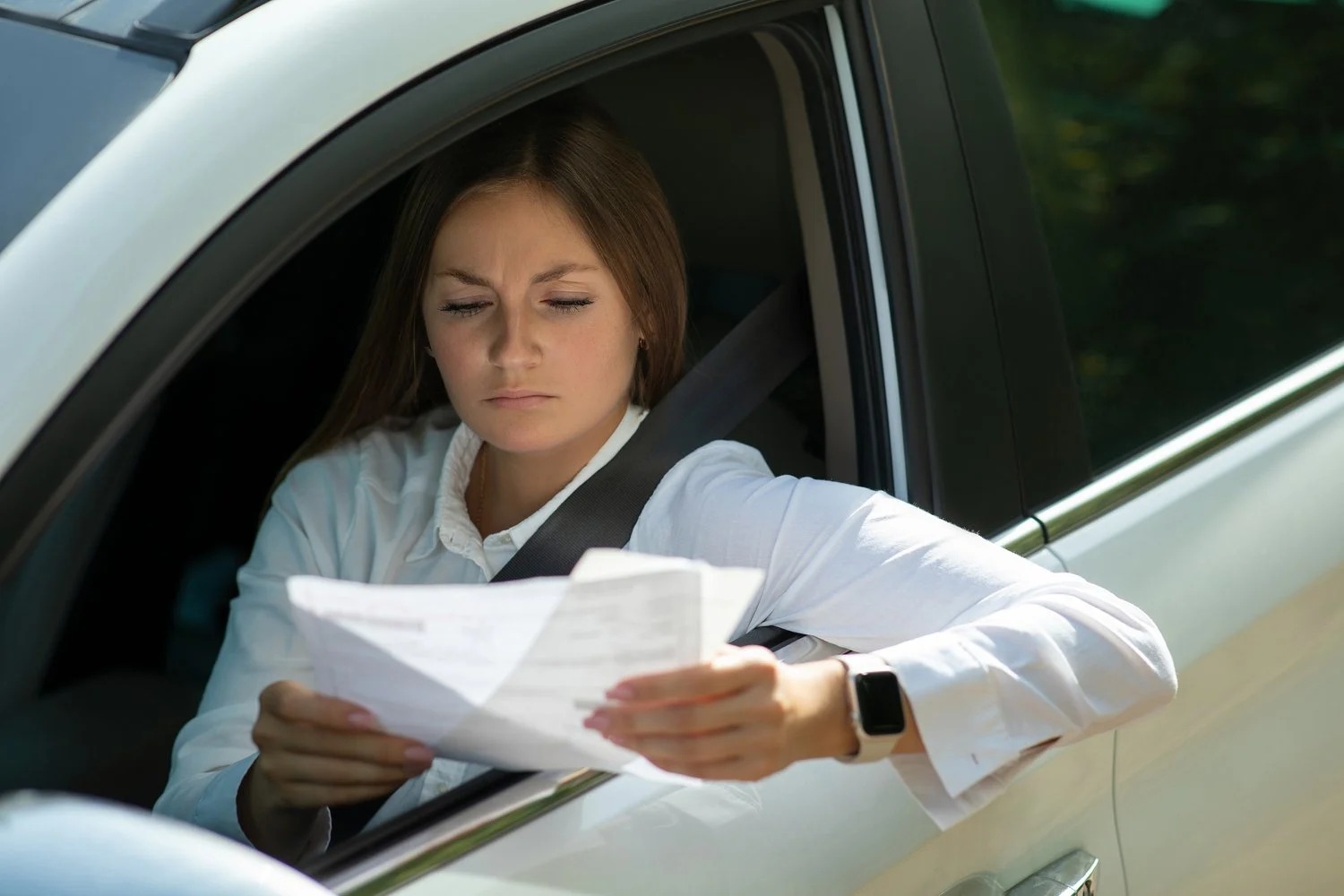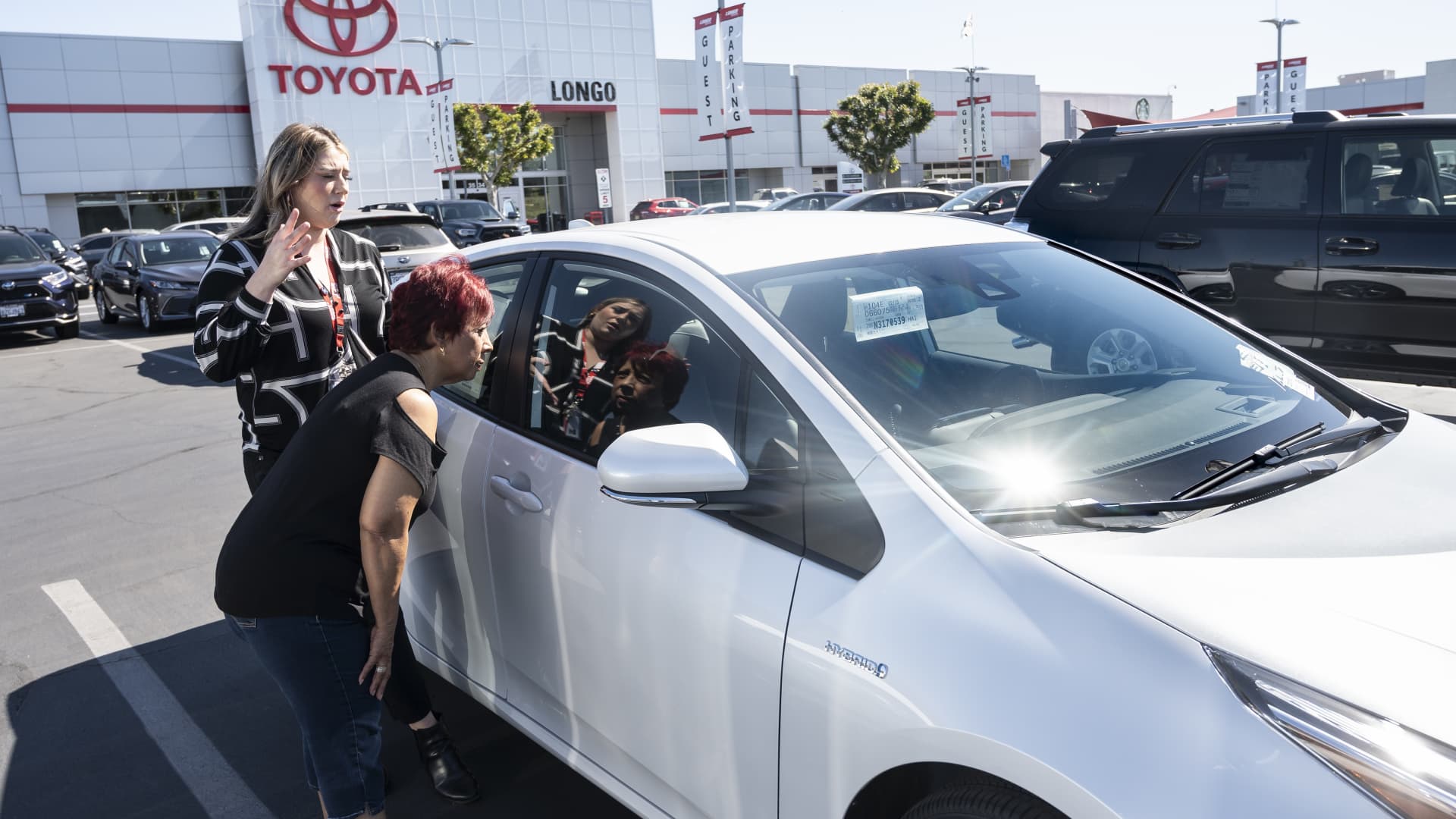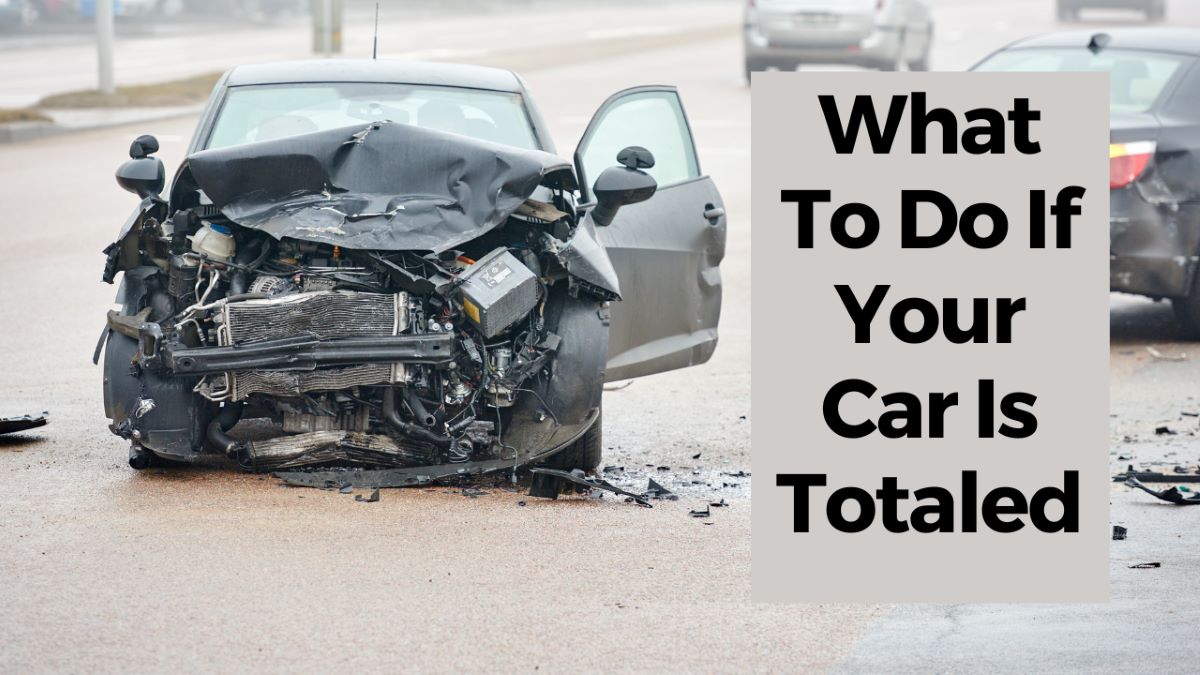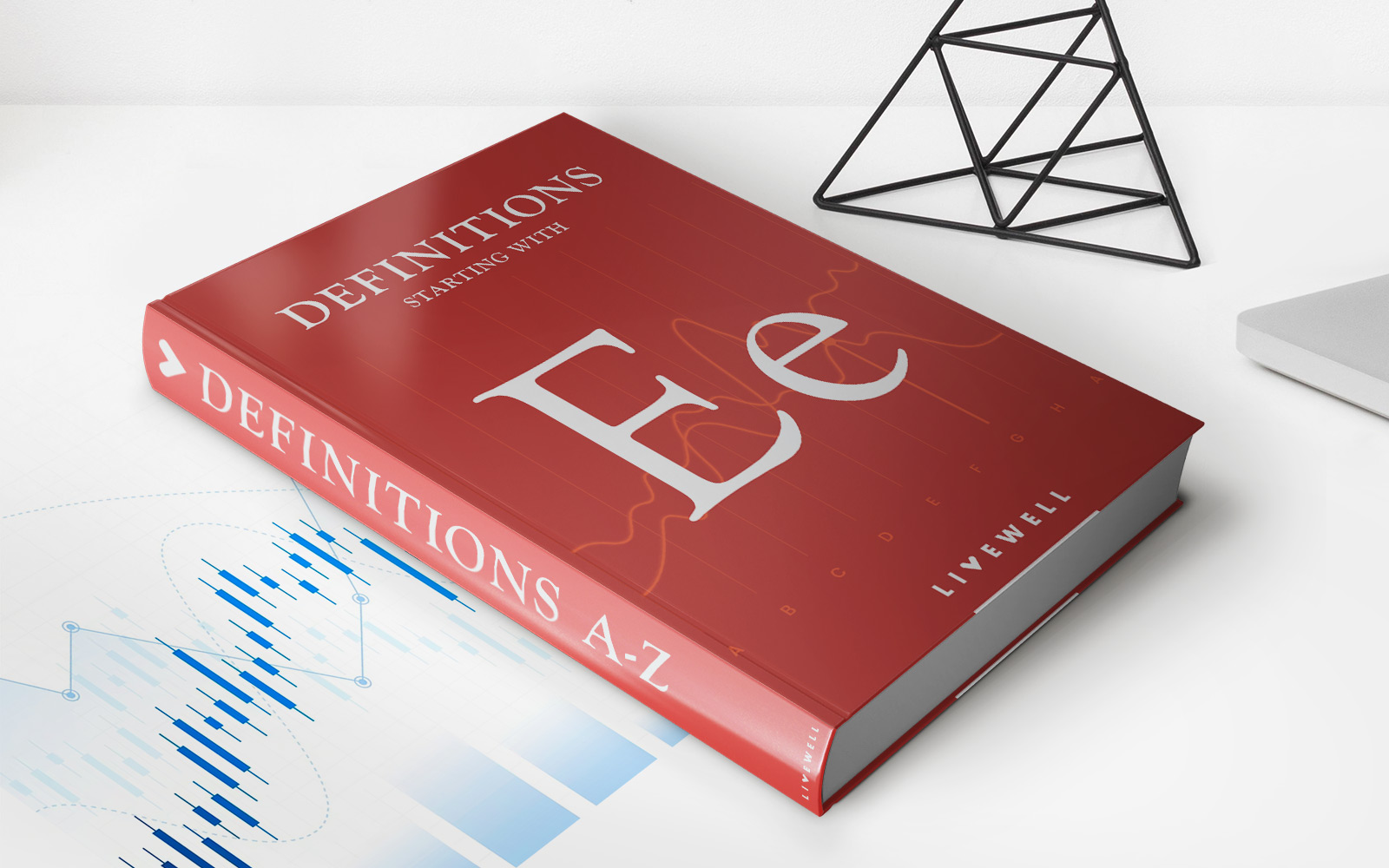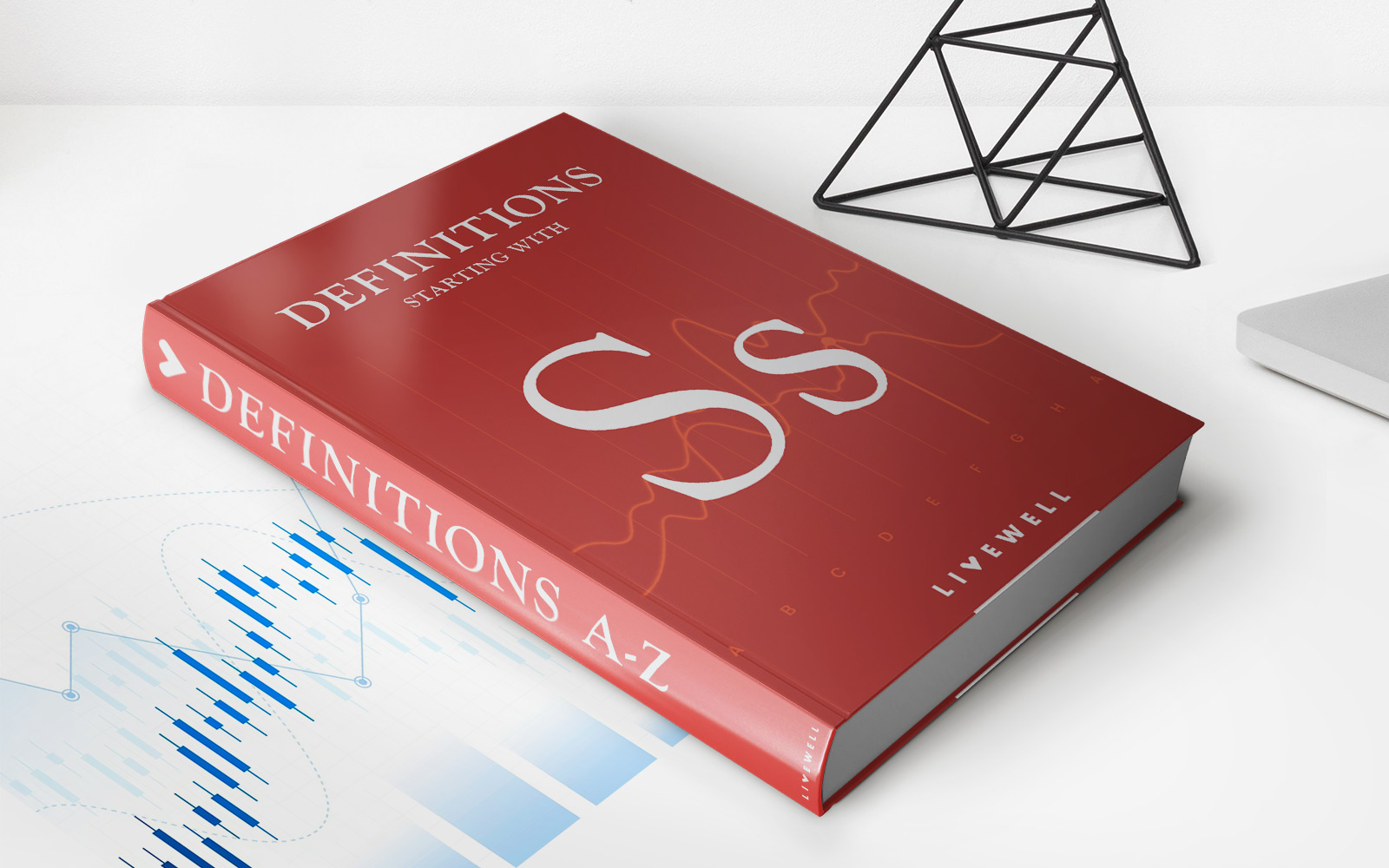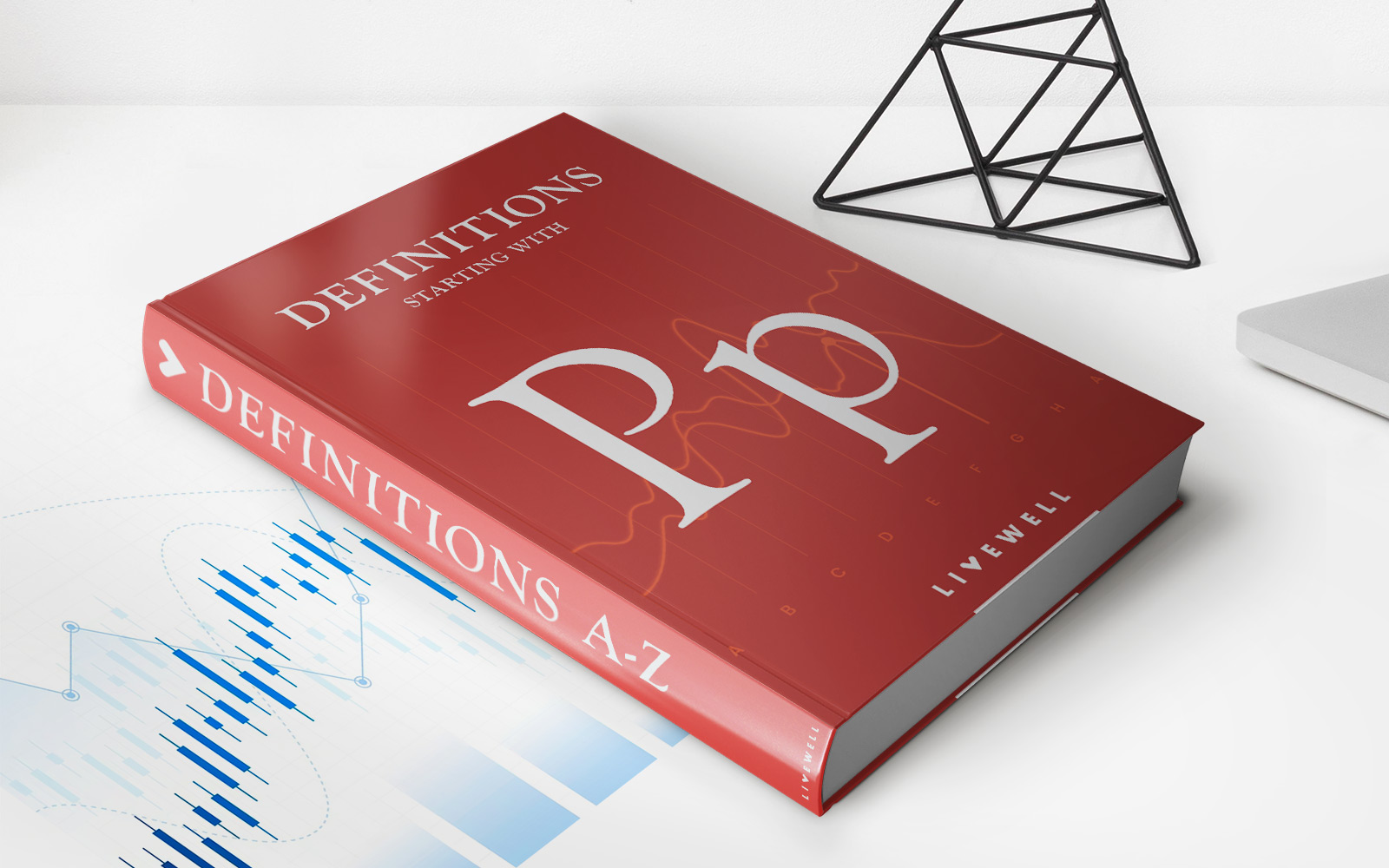Home>Finance>What Happens If You Total A Leased Car Without Insurance


Finance
What Happens If You Total A Leased Car Without Insurance
Published: November 23, 2023
Discover the financial consequences of totaling a leased car without insurance. Find out how it can impact your finance and obligations.
(Many of the links in this article redirect to a specific reviewed product. Your purchase of these products through affiliate links helps to generate commission for LiveWell, at no extra cost. Learn more)
Table of Contents
Introduction
Car leasing has become a popular option for many individuals who want to drive a new vehicle without the long-term commitment of ownership. Leasing a car allows you to enjoy the benefits of a brand-new vehicle while making monthly payments for a predetermined period. However, whether you own a car or lease one, having car insurance is crucial to protect yourself financially in the event of an accident.
In this article, we will explore the implications of totaling a leased car without insurance. We will delve into the consequences and financial responsibilities that arise when a leased car is totaled, as well as the steps to take after such an unfortunate event.
Understanding the complexities and potential repercussions of totaling a leased car without insurance will not only highlight the importance of having adequate coverage but will also provide insights into the potential financial and legal implications that can arise.
Let’s explore what it means to total a leased car without insurance and the potential consequences that follow.
Understanding Car Leasing
Before delving into the implications of totaling a leased car without insurance, it’s important to have a clear understanding of what car leasing entails.
Car leasing is an agreement between a lessor (the leasing company or dealership) and a lessee (the individual or entity leasing the car). The lessee makes regular monthly payments for a predetermined period, typically two to four years, in exchange for the right to use the vehicle.
Unlike purchasing a car, where the individual becomes the owner at the end of the payment term, leasing a car means the individual never owns the vehicle. Instead, they essentially rent the car for a set period of time.
One of the main attractions of car leasing is that it allows individuals to drive a new vehicle without the hefty down payment and long-term financial commitment of purchasing. Additionally, since a leased car is typically under warranty throughout the lease term, maintenance and repair costs may be minimal.
However, car leasing does come with certain conditions and limitations. There are mileage restrictions, which typically specify how many miles you can drive per year. Going over the allotted mileage can result in additional charges. Additionally, the lessee must maintain the leased vehicle in good condition, as excessive wear and tear may also incur extra fees.
It’s important to note that when leasing a car, the lessee is responsible for carrying the appropriate auto insurance coverage throughout the duration of the lease. This insurance protects both the lessee and the lessor in the event of an accident or damage to the vehicle.
Now that we have a clear understanding of car leasing, let’s examine the importance of car insurance in this context.
Importance of Car Insurance
Whether you own a car or lease one, having car insurance is essential for your financial protection and peace of mind. Car insurance provides coverage for damages and liabilities that may arise from an accident or other unforeseen events.
Car insurance serves as a safety net, helping to cover the costs of repairs or replacement of your vehicle, as well as any medical expenses or property damage caused to others. Without adequate insurance, you would be responsible for covering these costs out of pocket, which can be financially devastating.
When it comes to leased cars, insurance becomes even more critical. Leasing companies typically require lessees to carry certain minimum insurance coverages to safeguard their own interests. This is because the leasing company is still the legal owner of the vehicle, and they want to ensure that their asset is protected.
The specific insurance requirements may vary depending on the leasing company, but some common coverages include liability insurance, collision insurance, and comprehensive insurance.
Liability insurance provides coverage if you are at fault in an accident and cause injuries to other people or damage to their property. Collision insurance covers damages to your leased vehicle in the event of a collision with another vehicle or object. Comprehensive insurance protects against non-collision incidents, such as theft, vandalism, or natural disasters.
Having car insurance not only fulfills your contractual obligations with the leasing company but also protects you from potential financial hardships. It can save you from being personally liable for the full cost of repairs, medical expenses, or even legal fees that arise from an accident.
Now that we understand the importance of car insurance, let’s explore what it means to total a leased car without insurance.
What Does it Mean to Total a Leased Car?
When we talk about “totaling” a car, we are referring to a situation where the vehicle is damaged to such an extent that the cost of repairs exceeds a certain percentage of its value (commonly around 75-80%). In other words, the car is deemed to be a total loss from a financial standpoint.
When a leased car is totaled, it means that the vehicle has sustained severe damage, often as a result of a significant accident or other catastrophic event. The extent of the damage is assessed by insurance adjusters based on factors such as repair costs, the age of the vehicle, and its pre-accident market value.
Once a leased car is declared a total loss, the insurance company will determine the actual cash value (ACV) of the vehicle at the time of the accident. This represents the fair market value of the car, taking into account factors such as mileage, condition, and depreciation.
It’s important to note that when a leased car is totaled, the responsibility for handling the insurance claim and settlement process lies with the lessee, not the leasing company. This is because the lessee is the one who entered into the insurance contract and has the financial obligation to the leasing company.
Understanding what it means to total a leased car is crucial when considering the financial consequences of not having insurance coverage in such a situation. Let’s explore those consequences in the next section.
Consequences of Totaling a Leased Car Without Insurance
Totaling a leased car without insurance can have severe financial and legal consequences. When you don’t have insurance coverage and your leased car is totaled, you are personally responsible for the full cost of the car’s repairs or its actual cash value (ACV) if it is deemed a total loss.
This means that you will have to pay out of pocket for the repairs or the remaining lease payments, which can be a substantial financial burden. Additionally, if you are unable to cover these costs, the leasing company can take legal action to recover the amount owed.
Moreover, totaling a leased car without insurance can negatively impact your credit score. If you are unable to fulfill your financial obligations, such as paying for the repairs or settling with the leasing company, it can result in a default on your lease contract. This default can be reported to credit agencies, damaging your credit history and making it difficult to secure future loans or leases.
Additionally, lacking insurance coverage in the event of a totaled car can lead to legal ramifications. Most states require drivers to have a minimum level of liability insurance to operate a vehicle legally. Driving without insurance can result in fines, suspension of your license, and even potential legal penalties.
Lastly, totaling a leased car without insurance can also impact your ability to lease a vehicle in the future. Leasing companies may view the incident as a breach of contract and may be hesitant to enter into another lease agreement with you in the future.
Given these potential consequences, it is crucial to prioritize having adequate insurance coverage to protect yourself and mitigate the financial and legal risks associated with totaling a leased car.
Next, let’s explore the financial responsibility and liability when it comes to a totaled leased car.
Financial Responsibility and Liability
When it comes to a totaled leased car, the financial responsibility and liability fall on the lessee, the individual who leased the vehicle. The leasing company, as the legal owner of the car, expects the lessee to carry insurance coverage throughout the lease term to protect their asset.
If you total a leased car without insurance, you are responsible for the full cost of repairs or the actual cash value (ACV) of the vehicle if it is deemed a total loss. This can be a significant financial burden, as the repairs or the ACV can amount to a substantial sum of money.
It’s important to note that even if the accident is not your fault, without insurance, you will still be liable for the damages to the leased car. This is because the insurance coverage of the at-fault party is generally applicable to their own vehicle, not to the vehicle that you are leasing.
To add to the financial responsibility, the leasing company may also charge you additional fees and penalties for not having insurance coverage. These fees can vary depending on the terms of your lease agreement, but they can significantly increase the financial burden of totaling a leased car without insurance.
Furthermore, if you were involved in an accident where there were third-party injuries or property damage, you can also be held personally liable for those costs. Without insurance, you would have to bear the financial responsibility of compensating the injured party or covering the property damage out of pocket.
Understanding the financial responsibility and liability associated with totaling a leased car without insurance is vital in highlighting the importance of having proper coverage. Now, let’s explore the steps to take after totaling a leased car.
Steps to Take After Totalling a Leased Car
Experiencing a total loss of a leased car can be a stressful situation, but it’s important to take certain steps to navigate the aftermath effectively:
- Notify the leasing company: Contact your leasing company as soon as possible to inform them about the accident and the total loss of the leased car. They will provide guidance on the next steps you need to take.
- Contact your insurance company: Even if you don’t have collision coverage, it’s still important to notify your insurance company about the accident. They can guide you through the claims process and inform you of any potential coverage available, such as liability or uninsured motorist coverage.
- Settle any remaining lease payments: Determine whether you are responsible for any outstanding lease payments. Depending on the terms of your lease agreement, you may need to continue making payments until the lease term ends or settle the remaining balance upfront.
- Review your insurance options: Evaluate your insurance coverage options moving forward. If you plan on leasing another vehicle, it’s crucial to secure adequate insurance coverage to meet the requirements of the leasing company.
- Consider legal advice: If you are unsure about your rights and responsibilities, it may be beneficial to consult with an attorney who specializes in insurance or contract law. They can provide guidance and protect your interests throughout the process.
- Review the lease agreement: Thoroughly review your lease agreement to understand any specific provisions related to totaled vehicles. This will help you understand your obligations and potential liabilities.
- Explore alternative transportation options: If you no longer have a vehicle to fulfill your transportation needs, consider alternative options such as renting a car or utilizing public transportation while you determine your next steps.
By following these steps, you can navigate the aftermath of totaling a leased car and ensure that you are fulfilling your obligations and protecting yourself financially.
Concluding Thoughts
Concluding Thoughts
When it comes to leasing a car, having adequate car insurance is not optional but a requirement. Totaling a leased car without insurance can have severe financial, legal, and credit consequences. It is essential to understand the implications of not having coverage and the potential liabilities that can arise from such a situation.
Car insurance provides the necessary protection and peace of mind in the event of an accident or total loss. It covers the costs of repairs or the actual cash value of the vehicle, protects against personal liability, and safeguards your credit history. It is crucial to review your insurance coverage regularly and ensure it meets the requirements of your lease agreement and provides adequate protection.
If you find yourself in the unfortunate situation of totaling a leased car, follow the necessary steps to notify the leasing company, contact your insurance provider, settle any remaining lease payments, and seek legal advice if needed. Understanding your rights, obligations, and potential liabilities is essential in navigating this complex situation effectively.
Remember, prevention is always better than dealing with the aftermath. Prioritize having comprehensive car insurance coverage, including liability insurance, collision insurance, and comprehensive insurance when leasing a vehicle. This will provide you with the necessary protection and financial security in case of an accident or total loss.
Leasing a car can be a convenient and cost-effective option for many individuals, but it comes with significant responsibilities. Being proactive about insurance and understanding the potential consequences of totaling a leased car without coverage will help you make informed decisions and protect yourself financially.
Always consult with insurance professionals, leasing companies, and legal experts to ensure you have the appropriate coverage and are knowledgeable about your rights and obligations. By doing so, you can enjoy the benefits of leasing a car while safeguarding yourself from potential financial hardships in the future.

